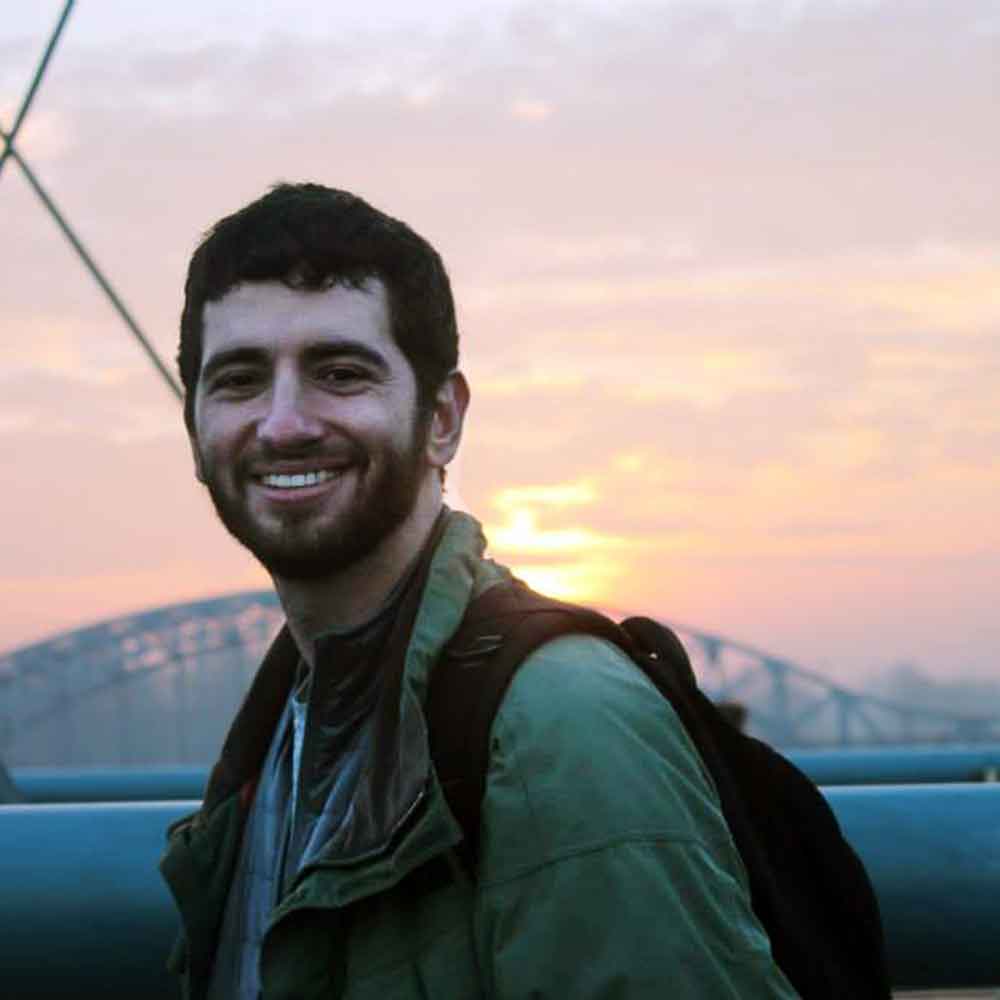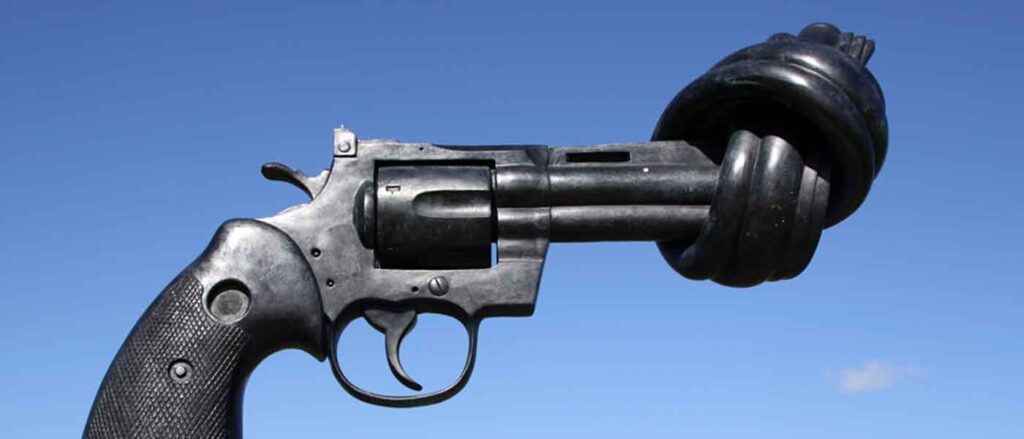Carey Gabay was all the things that the news reported him to be under the headline, “Cuomo Aide Shot in the Head,” followed by, “Cuomo Calls for National Gun Control,” that I read first thing Monday morning: he was the child of immigrants, who grew up in Bronx public housing, and he made his way to Harvard Law School. He was black, which the article made reference to through his childhood in the Bronx, along with a not-so-subtle “reportedly” before the words “bystander” and “stray bullet,” as if there were some question that he might’ve had a second life as a gangster. He was married to a woman named Trenelle. He was apparently in a coma, clinging to life. A few days later, Twitter informed me of his death.
He was a colleague of mine. I knew him for his kindness and sensitivity that, to me, seemed rare amongst politicos of his status. Despite my lowly rank as a temporary employee, he always stopped by to check in at my desk and ask about plans for the weekend. His memorable toothy grin conveyed warmth and trust: rare qualities in his line of work. It was like he was always trying to hold back an enormous smile, but never quite succeeded. He was the kind of guy who was pushing his own secretary (a middle-aged mother of two) to go back to law school, going so far as to bring her brochures from CUNY and doing research for her on financial aid and evening classes.
Carey became a symbol. He was the American Dream, according to some sources. The Governor of New York spoke at his funeral, calling for a renewed national push on gun control. A New York Post editorial called for heightened policing. We all looked for a place to locate our anger. The confused kid who shot him didn’t seem sufficient for something this tragic, this random. I was primed to be angrier at a system that had put a gun in the kid’s hands.
Tragedy is supposed to be an individualized experience. A deep cynicism of politicians amongst my peers means that we usually see politics as an identity, not a solution to problems. And therefore, to turn to politics after a death or a personal tragedy is seen as preachy or insincere — politicizing the sacred.
After I read about Carey falling into a coma, I started paying more attention to the articles about guns that periodically pop up on my Facebook newsfeed. The most frequent posts are from a handful of enthusiastic gun owners, making their views known with pictures of themselves handling recently acquired assault rifles or with memes ridiculing Obama’s attempts to “take their guns away.”
I also see spikes in social media activity after high profile mass-shootings — a handful of posts after a reporter was killed on live television — a larger number after the Charleston church shootings. These generally fall along the lines of Washington Post articles purporting to debunk NRA talking points and/or calls to action. This flutter of posting after a tragedy can be taken as a demonstration of anger, or solidarity, or self-affirmation, but generally not as an initiation of a conversation. The posts are shared almost exclusively within ideologically homogenous circles. I doubt that any of the posters had a personal connection to the issue.
My instinct after Carey’s death was to seek a political response. When confronted with the unfeeling randomness of a stray bullet, perhaps fatalism is a more rational reaction. Maybe I would’ve found solace in the spiritual rather than the political if I truly believed Carey’s death was a random accident. But this response would be a cop-out, one that is too easy to take. It shrugs off the responsibility to demand a change that is the essence of politics.
Carey’s death was a tragedy, but it wasn’t an accident. It was a predictable result of loose gun laws.




